
Bitcoin is the Mycelium of Money | Currently building
@SwanBitcoin | Host Bitcoin Meetups in Minneapolis
@BitcoinersMPLS | Advisor @sazmining | moar creatine
7 subscribers
How to get URL link on X (Twitter) App


 Lubin is courting the WEF crowd at Davos in the first line...
Lubin is courting the WEF crowd at Davos in the first line... 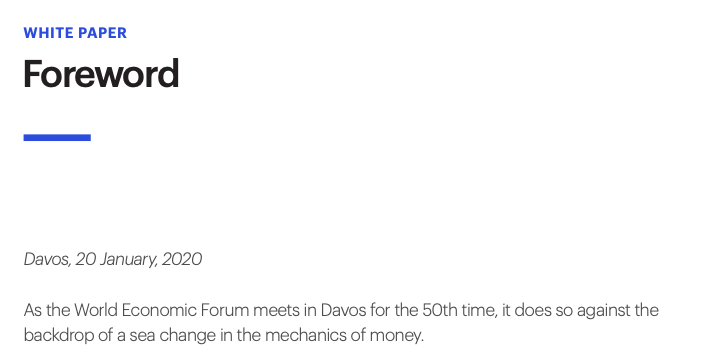

https://twitter.com/Bquittem/status/15589170397666181222/ Seems like V made up his mind on PoS in 2014 & has been tunnel vision ever since.

https://twitter.com/Bquittem/status/1559312737045463044?s=20&t=bBXtnsUyK5FLI4aLB1YwpQ



https://twitter.com/Bquittem/status/1333220390039134208
 2/ Data Source
2/ Data Source
https://twitter.com/udiWertheimer/status/14276714613225431042/ "You will enjoy staying in your 5km bubble"
https://twitter.com/parman_the/status/1427456413069058065?s=21
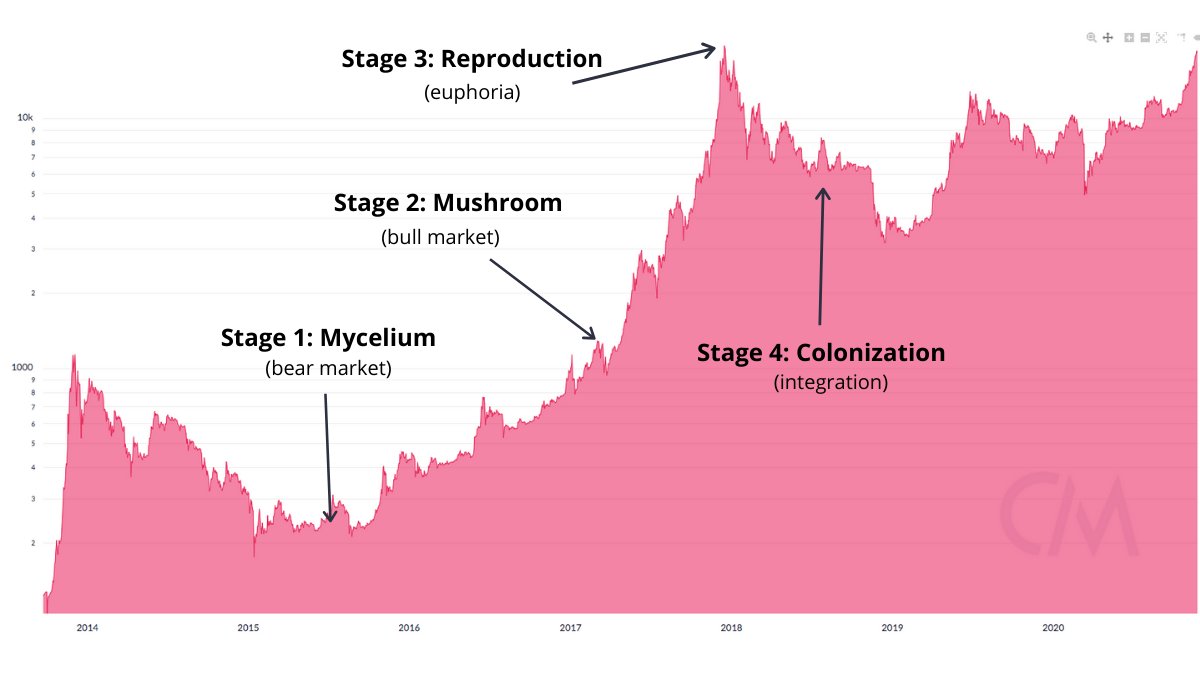
 2/ Fungi 101 (for the uninitiated)
2/ Fungi 101 (for the uninitiated)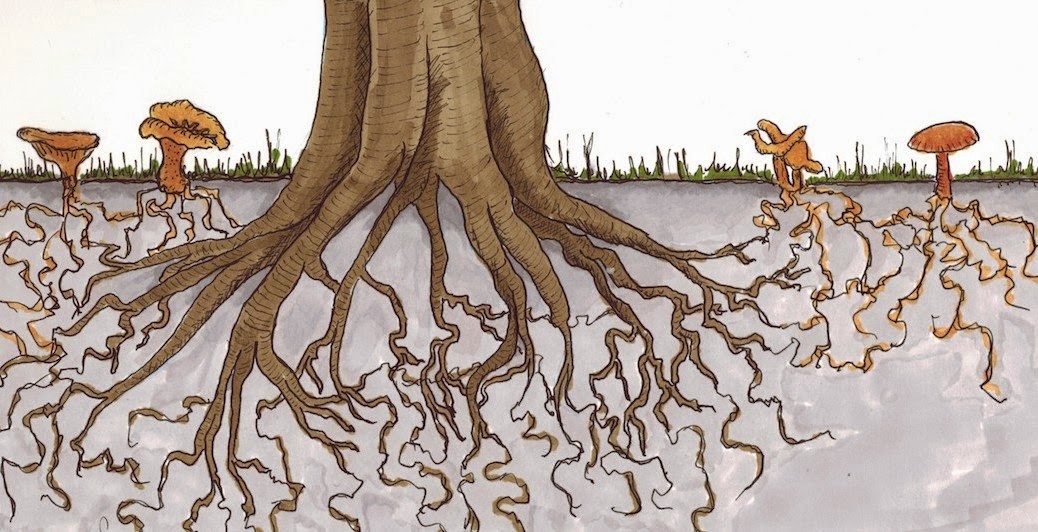
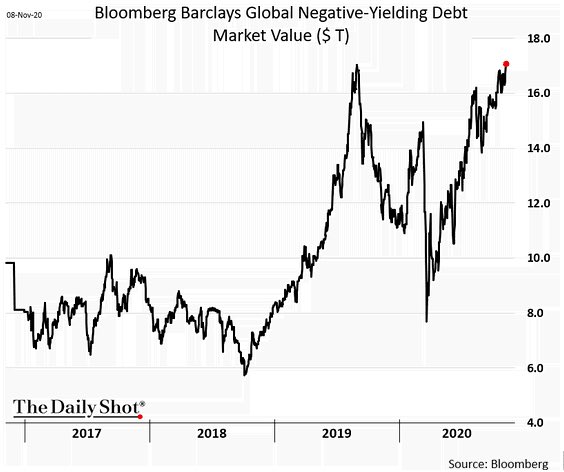
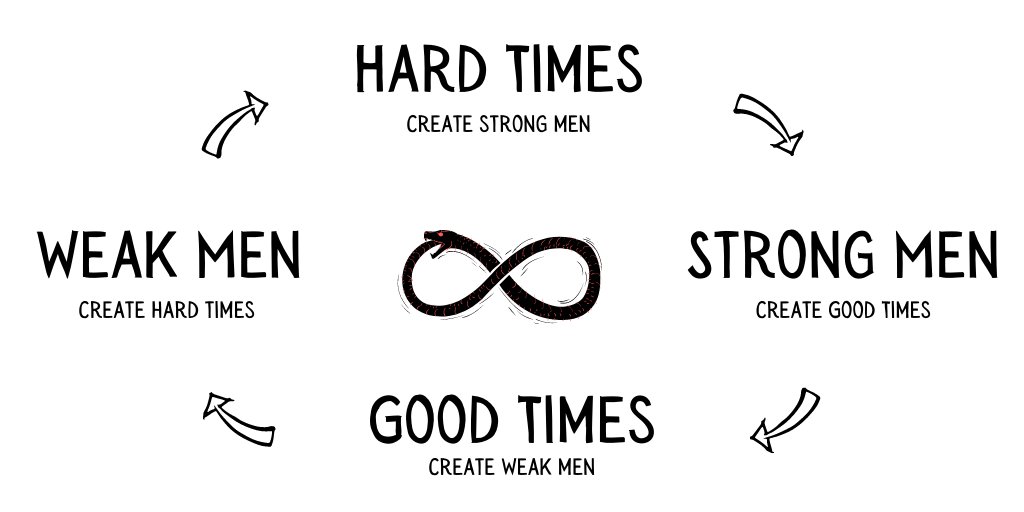
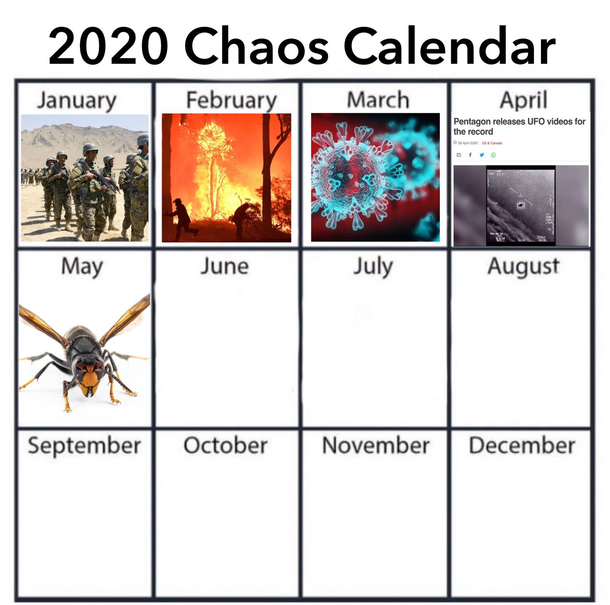


 2/ Chlorophyll in plants convert sunshine into chemical energy to feed the plant.
2/ Chlorophyll in plants convert sunshine into chemical energy to feed the plant.